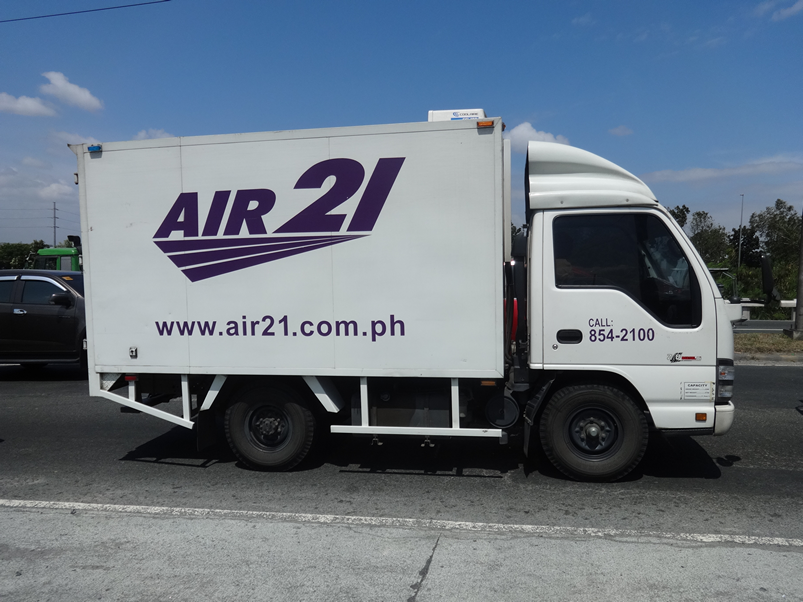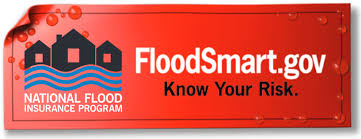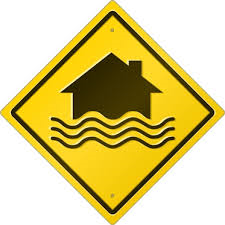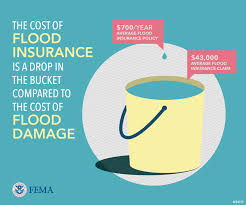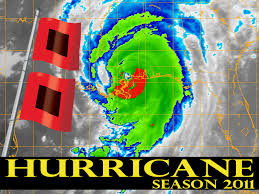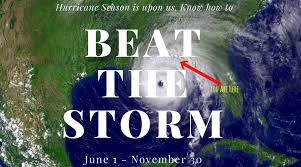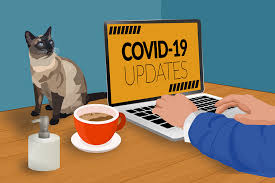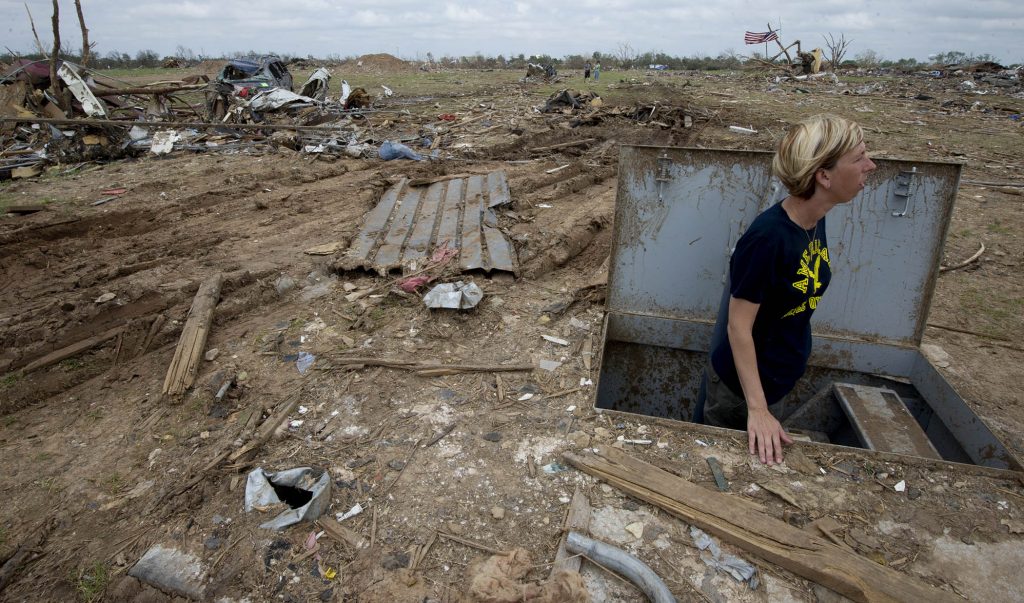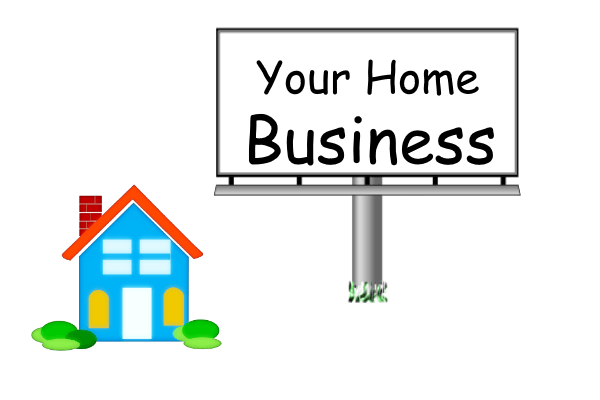When you establish a business in Pooler, GA, you need more than just a business license—you must also have insurance. The state of Georgia mandates two specific types of commercial insurance for entities conducting business within its borders and suggests two additional insurance policies. Allow TruePoint Insurance to facilitate your procuring the necessary insurance for your business operations.
Workers Compensation Coverage
As a sole proprietor, you will not require workers’ compensation insurance until you recruit your first employees. It is a state policy for all businesses to have employees to provide workers’ compensation coverage. This particular insurance takes care of medical expenses, rehabilitation, and part of the wages of any employee who suffers injury or contracts a disease during the course of work.
Commercial Auto Coverage
You need to provide commercial insurance for vehicles used for your business. If your vehicle doubles up for business use, you may need both personal coverage and a commercial auto policy to cover your vehicle. Georgia state law prescribes the same minimum levels of liability coverage for both personal and commercial auto insurance.
Recommended Insurance Types
Not deemed compulsory by law yet, the Office of Commissioner of Insurance and Safety Fire (OCISF) recommends that businesses have property insurance and liability coverage. They do not stipulate coverage amounts but define what the insurance should ideally cover. As per OCISF, a company should obtain general property insurance that extends to the business premises and its contents, relevant business equipment, and all other business-owned real or personal property.
National Requirements for Businesses
Under the Affordable Care Act, businesses with a workforce of 50 or more are obligated to provide health insurance to 95% of their full-time workers or equivalent part-time employees. The Internal Revenue Service imposes hefty fines for non-compliance.
Get the Insurance Your Business Needs
Contact TruePoint Insurance today to create a bespoke commercial insurance package that safeguards the financial health of your Pooler, GA business. We are here to help you meet state and federal compliance demands.

 Contact
Contact
 Email an Agent
Email an Agent

 Click to Call
Click to Call Get Directions
Get Directions
